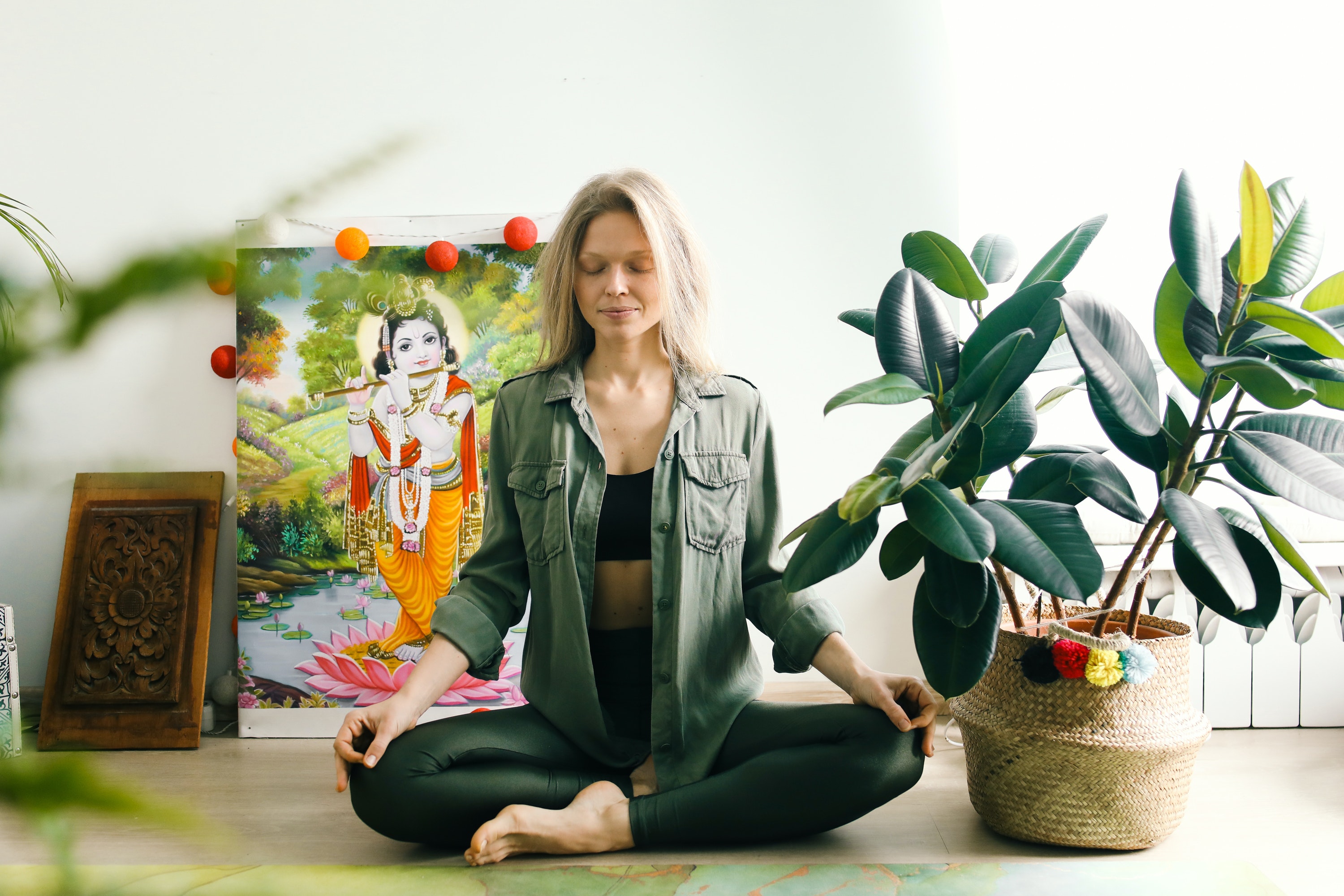The Science of Meditation: How it Can Help Relieve Anxiety
Anxiety is a common mental health condition that affects millions of people worldwide. While there are various treatment options available, many individuals struggle to find effective solutions that work for them. One technique that has gained significant attention in recent years is meditation. This ancient practice has been found to be highly effective in managing anxiety and improving overall well-being. In this article, we'll explore the science behind meditation and how it can help ease anxiety.
Understanding Anxiety:
Anxiety is a complex condition that can manifest in various ways. It's characterised by excessive worry, fear, and apprehension about future events or situations. Some common symptoms of anxiety include restlessness, difficulty concentrating, and sleep disturbances. While anxiety is a normal response to stress, it can become a problem when it starts to interfere with daily activities and quality of life.
How Meditation Can Help:
Meditation involves training the mind to focus on the present moment and cultivate a sense of calmness and relaxation. It's a practice that has been used for thousands of years in various cultures and traditions. Recent research has found that regular meditation practice can have a significant impact on anxiety levels.
One study conducted by researchers at Johns Hopkins University found that meditation can be as effective as medication in treating anxiety disorders. Another study published in the Journal of Clinical Psychology found that mindfulness-based meditation can lead to significant reductions in anxiety symptoms.
How Meditation Works:
Meditation works by altering brain chemistry and promoting a state of relaxation. When we're anxious, our bodies produce stress hormones like cortisol and adrenaline, which can increase heart rate, blood pressure, and respiratory rate. Meditation has been found to reduce the production of these stress hormones, leading to a decrease in anxiety symptoms.
Meditation also activates the parasympathetic nervous system, which is responsible for the body's rest and relaxation response. This helps to counteract the effects of the sympathetic nervous system, which is responsible for the body's fight or flight response.
Tips for Starting a Meditation Practice:
If you're interested in trying meditation to help with anxiety, here are some tips to get started:
Start small - begin with just a few minutes of meditation per day and gradually increase the time as you become more comfortable.
Find a comfortable space - choose a quiet, comfortable space where you won't be disturbed.
Use guided meditations - there are many apps and online resources that offer guided meditations for beginners.
Be consistent - try to practise meditation at the same time each day to establish a routine.
Meditation is a powerful tool for managing anxiety and improving overall well-being. While it may take some time and practice to reap the benefits, research has shown that regular meditation can have a significant impact on anxiety symptoms.
If you are struggling with anxiety, it's important to seek help from a qualified mental health professional. A therapist can provide support, guidance, and evidence-based treatments to help manage and alleviate symptoms of anxiety. Don't hesitate to reach out for help if you need it.
Get Help
Overcome your anxiety and book a free online consultation with one of our top rated therapists
Essential Reading about Anxiety
Free Mental Health Tests
Anxiety Therapists Available Now
QLD
Clinical Psychologist
I provide a counselling approach that is compassionate, non-judgemental, and evidence-based. My goal is to create a safe and secure therapeutic space where you feel heard...More
WA
Psychologist
Hi! I am passionate about self-knowledge and self-acceptance, and the constructive and creative power and peace that rests within this knowledge. I work from a trauma-inf...More
QLD
Psychologist
I am a psychologist with general registration, who houses an array of life and professional experience in counselling and psychology across the lifespan. I am a massive e...More






